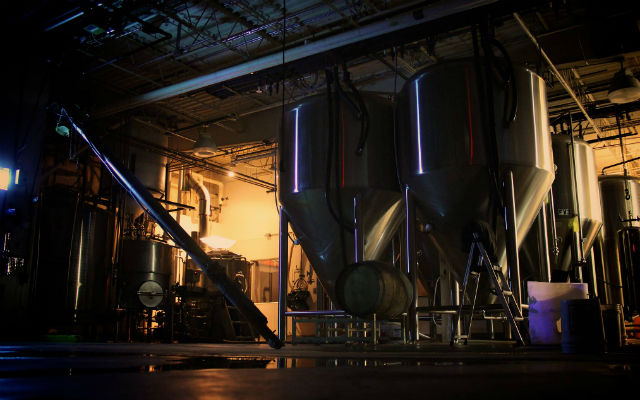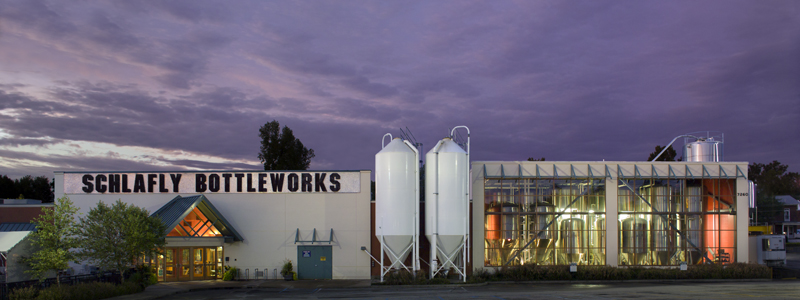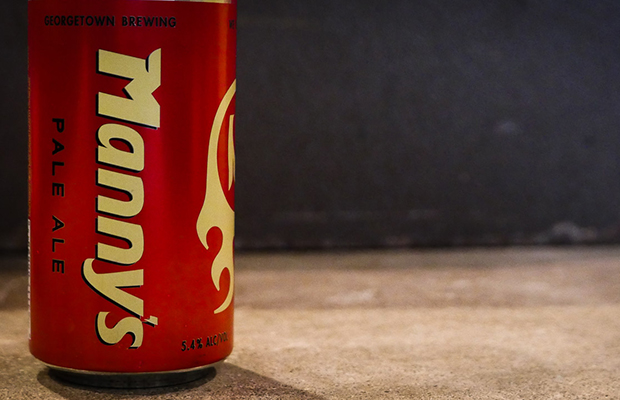
All failure is invaluable. It can be the key to life. Even in beer production.
“There can be no growth without failure,” noted Karben4 co-founder Zak Koga. “Every slight miscalculation with a beer style, recipe, branding, timing, etcetera, is part of our story in creating what we hope will ultimately be success. The key is to really embrace the process and not the outcomes — at least that’s what I’m trying to tell myself.”
Koga admits that in the last two years he has had to restructure his own thinking and get back to enjoying the process in order to survive the marathon of growing a young business.
“If your own goal is to improve the process incrementally then failure can be a reason for celebration,” he said. “Our first seasonal beer we ever made was a great success. A few years later we bottled it and we made a little too much and released it a little too late and the last pallet of those cases sat for a year.
“That, among many things, led to our evolving and nimble approach to our product calendar which helps us stay relevant and forces us to innovate, by design.”
On the production side, making sure beer production is up to snuff is an obvious trait. Regular checks of finished beer and beer in process are critical said Schlafly Ambassador Brewer Stephen Hale as well as Lead Quality Assurance Specialist Matthew Murphy and Head of Brewing Operations Emily Parker in an email to Brewer.
“Having a PDCA program in place is helpful (the Deming cycle): establish proper training for all employees, follow all procedures as established, and observe everything to try to make things better,” the said. The trio suggest any brewery to validate the process from yeast storage to pitching to sanitation and everything in between.
“Our micro program monitors the beer for possible contamination including wild yeast strains,” the Schlafly team wrote. “We also replenish our supply regularly with freshly propagated yeast which limits the potential for mutation or an undesirable yeast from establishing itself. Critically, we have a stringent sanitation program with rigorous documentation that includes process validation.”
Establishing a rigorous QC tasting program is hugely helpful, and sensory is vital, they added.
Ongoing analysis is key: monitoring the fermentation for consistent rates, correct attenuation, high viability, correct cell counts, and proper flocculation.






1 Trackback / Pingback